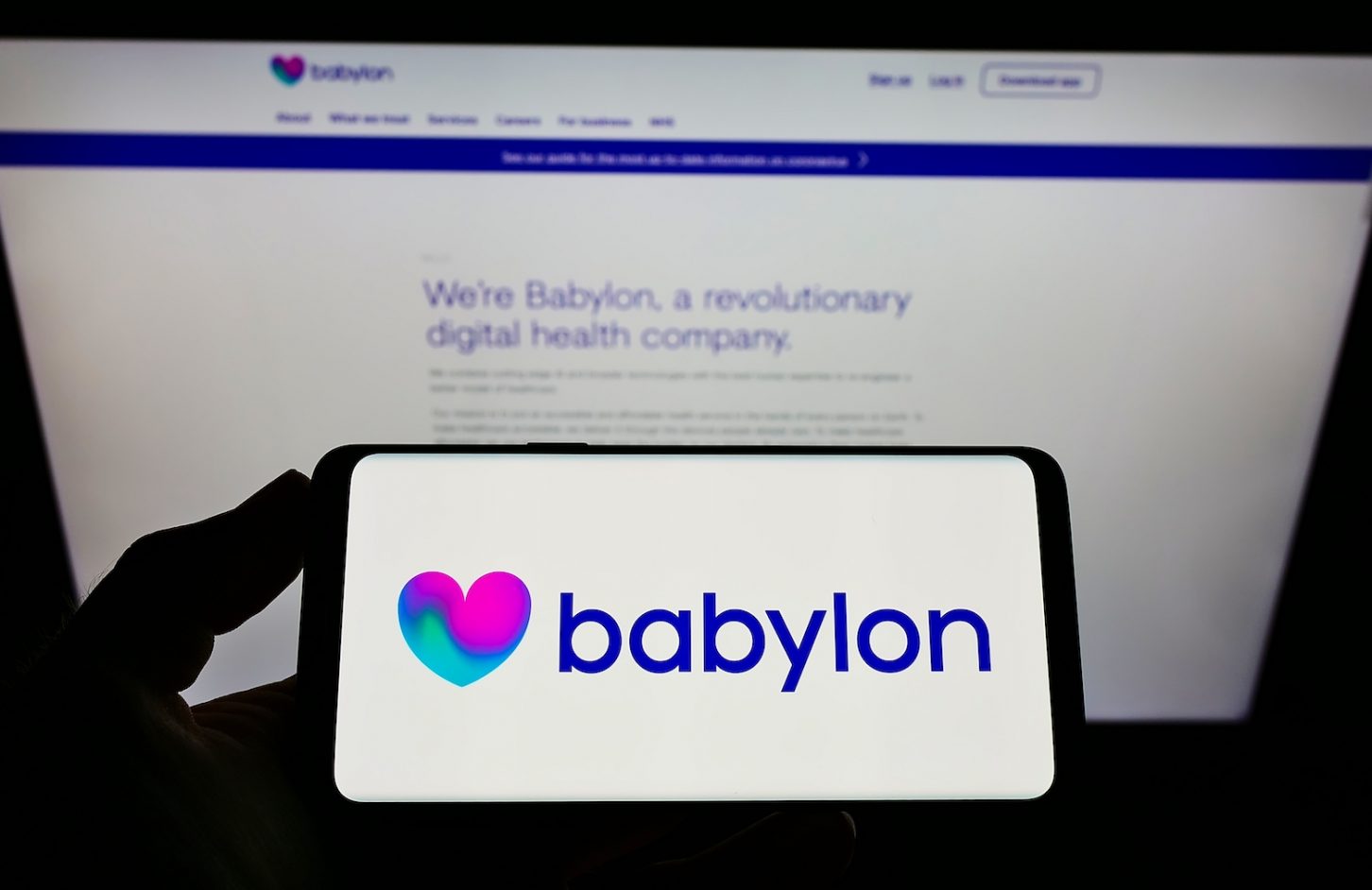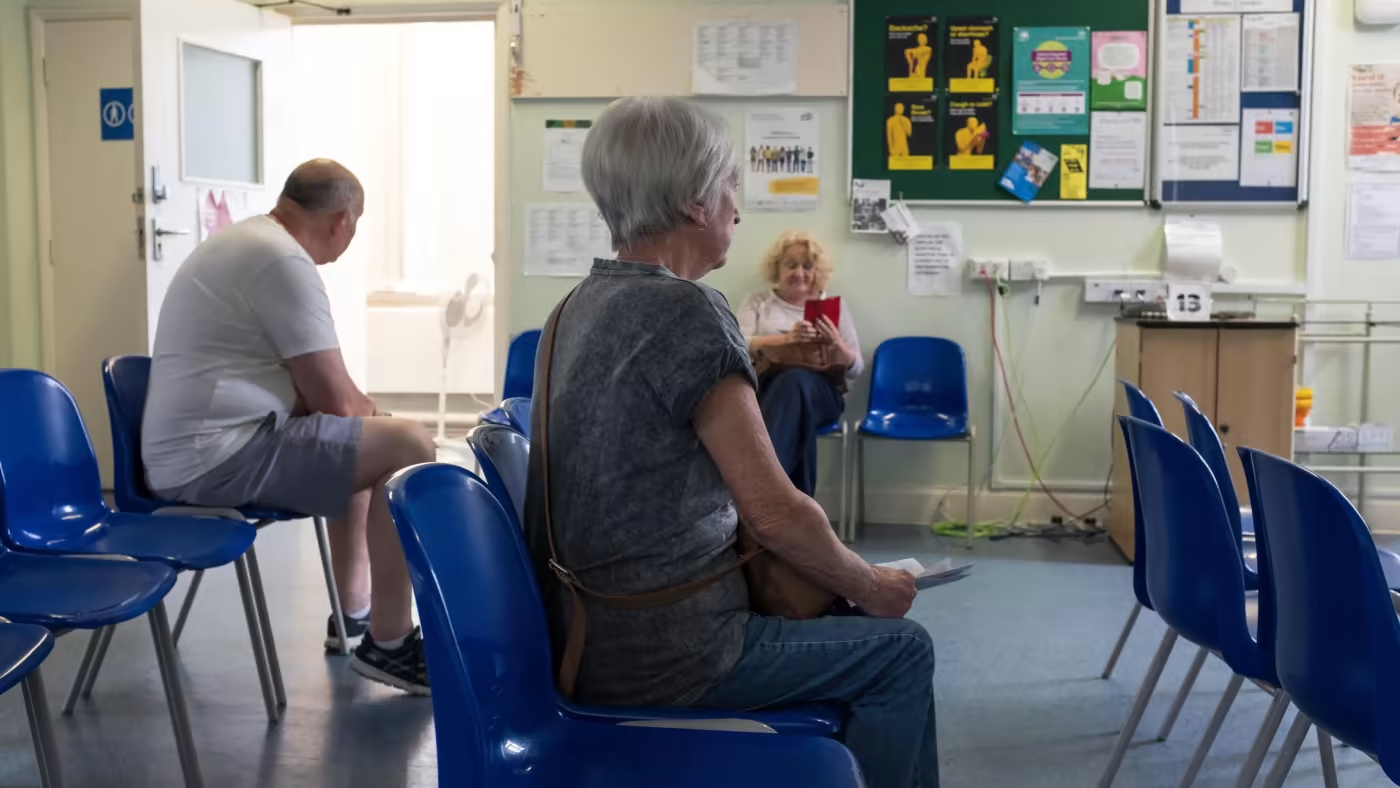17 April 2025
Introduction
This case study looks at how an AI-powered health app, Babylon Health’s GP at Hand, affected access to primary care services in the UK. The case shows how digital healthcare tools, if not carefully designed and regulated, can increase health inequalities — especially for people with complex health needs.
Background
Babylon Health developed a smartphone app called GP at Hand that allowed people to register with an NHS GP using their phone. The app offered 24/7 access to online consultations, triage services and health advice through an AI chatbot and video calls with doctors. It was designed to make GP services faster and more convenient — especially for people who were technology oriented, busy, or had trouble getting appointments in traditional GP practices.
GP at Hand was part of the NHS, but it worked differently from most GP surgeries. Patients registered directly with the Babylon app, which then became their NHS GP provider. The service was widely promoted and attracted a large number of users, mostly younger, healthier people.
 Photo by T. Schneider / Shutterstock
Photo by T. Schneider / Shutterstock
Biases and harms
At launch initially, GP at Hand did not accept patients with complex or ongoing health conditions, such as:
- Multiple chronic illnesses
- Learning disabilities
- Mental health problems
- Pregnancy-related care needs
This meant that many people who needed more support were excluded from using the app. Babylon’s approach of “cherry-picking” — selecting only younger, healthier, and easier-to-care-for patients — had knock-on effects for traditional GP practices. In the NHS, GP funding is partly based on the number of patients registered with a practice. When large numbers of low-need patients transferred to GP at Hand, traditional practices lost both funding and the patients who typically require less time and fewer resources. This left them with a higher concentration of complex cases, without a proportionate increase in resources. As a result, workload and clinical risk increased for GPs in these settings, putting further pressure on staff and making it harder to provide timely, high-quality care for the most vulnerable patients.
Analysis and contributing factors
Babylon health’s decision to limit access for patients with complex health needs was likely based on several practical and commercial factors:
- The service was designed for digital-first care, which works better for people with fewer health problems.
- Complex care often needs longer, in-person appointments and continuity with the same doctor — which the app model did not easily provide.
- Excluding high-need patients reduced clinical and financial risk for the provider.
However, this decision ignored the NHS’s commitment to equitable care. NHS services are supposed to be universal and based on need — not on how easy or cheap a patient is to treat. Furthermore, from an NHS system perspective, this approach had negative unintended consequences. It left traditional practices with a higher proportion of complex patients, increasing pressure on already stretched services, and exacerbating existing health inequalities. Regulators later forced Babylon to change its policies to accept more complex patients, but the early rollout shows how caution needs to be applied to private-sector tech companies innovating and disrupting in the NHS.
 Photo by Ianni Dimitrov / Alamy
Photo by Ianni Dimitrov / Alamy
Mitigation and recommendations
This case highlights the need for strong NHS oversight and clear rules when private or AI-powered companies deliver NHS services. Recommendations include:
- Conduct equity impact assessments before deployment: New AI or digital tools should be assessed for how they might impact different patient groups, especially those with complex needs, disabilities, or limited digital access. These assessments should consider not only intended benefits but also unintended consequences.
- Increase transparency and accountability: Patients should be clearly informed about how services work, who they include or exclude, how decisions are made and how patients can give feedback or complain. Regulators should publish equity audits and track access by demographic group.
- Meaningful public and patient engagement: People from diverse backgrounds, including those with lived experience of exclusion or disadvantage, should be involved from the start — in designing, testing, and evaluating services. This helps ensure the service meets the needs of all NHS patients, not just the digitally literate or healthy.
- Better integration of digital-first services with traditional NHS systems, to avoid two-tier care or extra burden on non-digital practices.
Glossary of Terms
Cherry-picking
The practice of selecting only low-risk, low-cost patients to serve — often used critically to describe how providers may avoid caring for those with complex or costly health needs.
Complex health needs
A term used to describe individuals requiring more intensive, ongoing, or specialised care — such as those with long-term conditions, disabilities, or mental health difficulties.
Equity impact assessment
A formal evaluation of how a policy, service or technology might affect different groups, particularly those at risk of exclusion or disadvantage.
Two-tier care
A situation where different groups of patients receive different standards or models of care — often with more advantaged groups accessing faster, easier, or higher-quality services.



